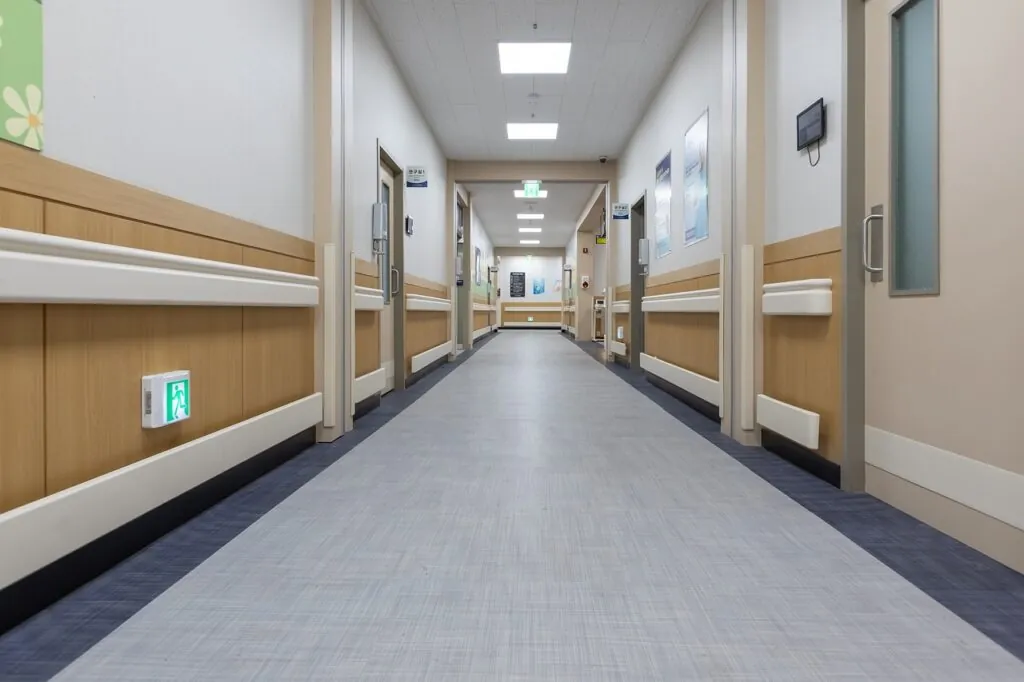The number of state psychiatric hospital beds has dipped to a historic low. In turn occupancy rates have increased.
New research from The Treatment and Advocacy Center paints a picture of a national state psychiatric hospital crisis, with 19 states decreasing the number of online beds by more than 20% since 2016.
In 2023, the number of state hospital beds was 10.8 per 100,000 people, an 8% decrease from 2016.
This has pushed up the median occupancy rates across the country. In 2023, the median occupancy rate was 90%. Additionally, 73% of states surveyed in the report said occupancy rates in their states are above the recommended 85% threshold.
Forensic patients, those involved with the criminal justice system, comprise 52% of the total beds. This means the impacts of shrinking state hospitals could disproportionately impact this population, with more individuals waiting in jail until a bed opens up. The report found that inmates spent a median of two months in jail waiting for a bed to open across 26 states.
Each state offers different care services at psychiatric hospitals. The report indicates that in some states, “like Missouri and Hawaii use their state hospitals almost exclusively to provide care to forensic patients …others like Kentucky, Massachusetts, and North Dakota use less than 15 percent of their beds for forensic patients.”
However, the shortage of beds will impact civilian patients, particularly those with a serious mental illness (SMI) in need of care as well.
“When most or all of a state’s psychiatric beds are used for patients who are involved with the criminal legal system, it leaves people with SMI who are in need of long-term hospital-level care and who have no criminal behavior with few options for treatment. When they are turned away from emergency departments or discharged before their symptoms have fully stabilized, they could go on to harm to themselves or engage in disruptive behavior that leads to arrest.”
The bed reductions come down to several factors, including staffing shortages, the lack of appropriate discharge facilities, and the lingering effects of the COVID-19 pandemic, according to the report.
Roughly 94% of state hospitals said they were currently experiencing staffing shortages. The most common reason that workers are leaving is low wages. As a result, the report indicated that 15% of beds were closed due to staffing shortages.
Many states are looking to remedy the staff exodus with incentive programs.
“States have turned to several strategies to bolster their state psychiatric hospital workforces. In addition to short-term solutions such as relying on contract staff, several states have undertaken initiatives to increase the strength of their healthcare workforce, such as increasing salaries and subsidizing tuition for employees to gain further education and qualifications. However, it is worth noting that some states continue to have problems with staffing, even after implementing initiatives to boost workforce numbers.”
The authors of the report list several recommendations to help remedy the shortage of state psychiatric beds, including encouraging state law and policymakers to prioritize balancing the number of civilian and forensic beds available at state hospitals.
Researchers also recommended boosting staff recruitment and retention initiatives and improving state tracking programs to monitor the number of patients ready for discharge and why some patients needed an extended stay.



